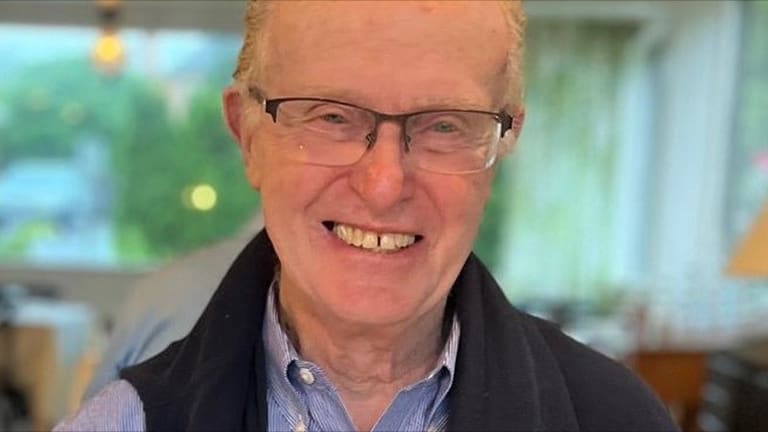
EDITOR’S NOTE: First it was World Bank President Jim Kim, now USAID Administrator Rajiv Shah. Charles Kenny, senior fellow at the Center for Global Development, analyzes Shah’s vision to end $1.25-a-day poverty in two decades.
On Thursday, USAID Administrator Rajiv Shah is set to give a speech at the Brookings Institution on the goal of ending extreme poverty, planned to put a bit more policy oomph behind U.S. President Barack Obama’s call in the State of the Union address earlier this year for America to join with its allies to end $1.25 poverty in two decades. Here’s some things it would be great to hear in the speech:
Realism. Ending $1.25-a-day poverty is an ambitious goal. Brookings’ own Lawrence Chandy has produced a range of estimates, the most optimistic of which suggest that with strong growth and improved distribution in all the right places we might get under 3 percent of the planet living on $1.25 a day or less by 2030. There’s reason for hope that growth will continue and inequality will reduce –but it would be stunningly wonderful if it did so everywhere that mattered to a zero target. And it would probably involve some pretty dramatic global progress in areas from trade through aid to migration to pull off. Which brings us to…
Humility. It isn’t going to be the United States that ends extreme global poverty. And it certainly isn’t going to be USAID that ends extreme global poverty. This is about developing countries seeing (a lot of) inclusive growth. There remains a big role for the U.S. to play. Migration as a tool for development, action on tax havens and transfer pricing, completing the free trade agenda in agriculture and services, reigning in the charge for increased global knowledge monopolies could all help boost developing country economic prospects, but most will take multilateral action. And USAID can certainly play a role, but that involves…
Focus. In important respects aid is the wrong means and USAID is the wrong agency to push this agenda. The record of aid in general in promoting economic growth and reducing inequality is hotly debated, but the consensus is surely somewhere between secondary and nothing. Meanwhile, USAID faces lots of pressures to allocate resources to countries and in ways that reduce the potential impact on global poverty (think: places where the US has lots of troops, need to hire lots of U.S. contractors). That’s not to say the agency hasn’t done lots of great work in the area of poverty reduction and couldn’t do lots more. For a start, it could build on experiences like Brazil’s with Bolsa Familia and Mexico’s with Progresa to target cash transfers to people in extreme poverty. And it could double down on some of the important global public goods the agency provides in areas like technology, with Development Innovation Ventures, or data on poverty through tools like the Demographic and Health Surveys, or education outcomes through Early Grade Reading Assessments. Of course, USAID does lots of good work in other areas, too, which points up…
Context. In a second sense the goal of ending extreme poverty is obscenely unambitious: People living on $1.26 aren’t rich (see Lant Pritchett’s blog on the subject). And there’s more to life than money. USAID should focus on what it can best do to meet the President’s poverty target, but that should not be the only focus of the agency as a whole. That means there are tradeoffs, which should be acknowledged. For example, the link between improved health and more rapid poverty reduction is partial at best, but USAID should still build further on America’s generosity in the global fight against infectious diseases to reduce the worst impact of poverty — premature death. And USAID still has a role to play in supporting economic development even in countries where the majority live on $2 a day, or $3 — or even $4, which is less than a third of the U.S. poverty line.
There’s one thing I’m pretty sure will be in the speech and I’m happy about it — and that’s optimism. The proportion of the world in absolute poverty has gone from about one half to about one fifth since 1990. Global child mortality has halved. Continued and rapid development progress is eminently possible, and there’s a big role for the United States and USAID to play in supporting it. While Shah’s reform agenda has got a long way to go, he has made some real progress in making the agency a better tool to support global development. If he can use the drive to end global extreme poverty as a means to further improve and target U.S. aid so it can make the most difference, here’s hoping Thursday’s speech is a blockbuster.
Edited for style and republished with permission from the Center for Global Development. Read the original article.








